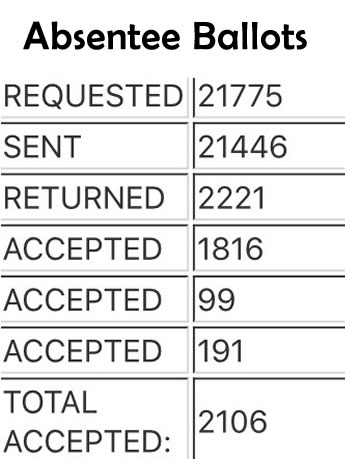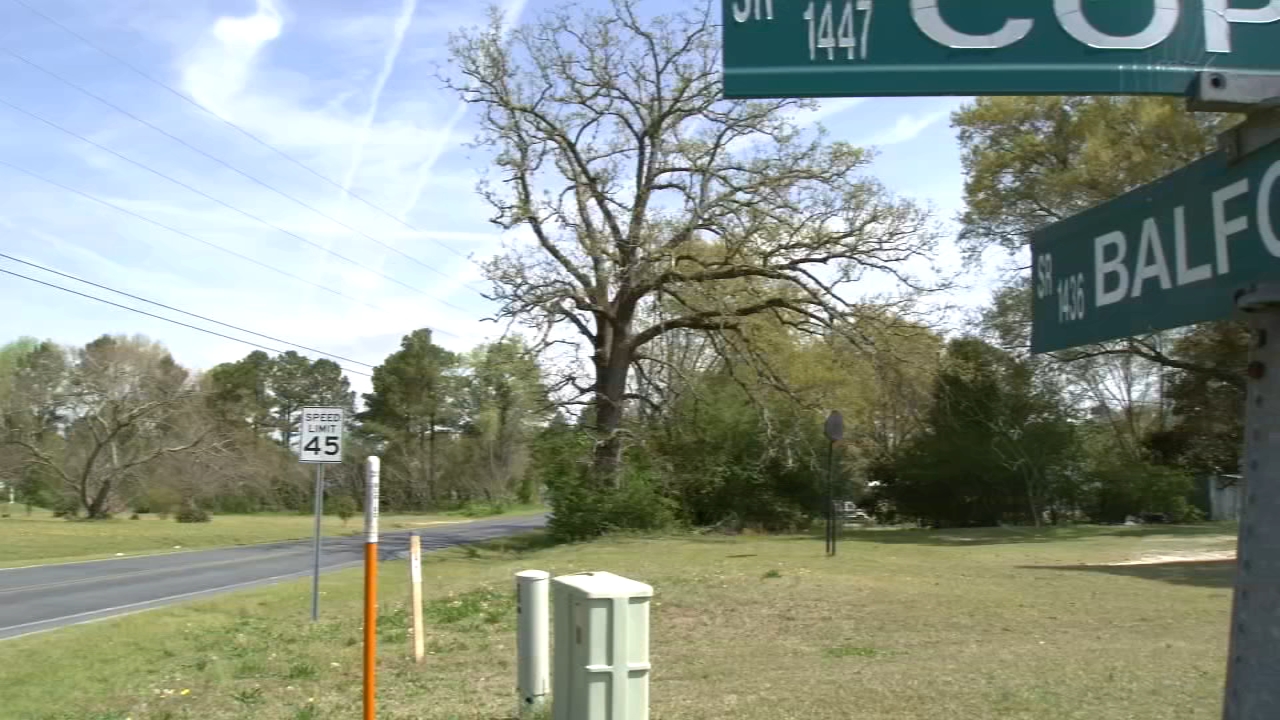House votes to move NC congressional primary date

RALEIGH (WTVD) -- Republicans in the state house were forced to make a major change, Thursday, over when you get to vote for who represents you in Washington.
House Bill 2 means primaries for all 13 of North Carolina's members of congress will no longer be held March 15. They'll now be held June 7.
The North Carolina House of Representatives passed the bill by 71-32 to move the congressional primary to June 7.
In addition to the new primary date, the bill also eliminates runoff primaries in the 2016 election cycle. It also notes that all votes cast for congressional races via absentee ballot on the March 15 primary date will remain confidential and will not be counted.
For those interested in running for Congress, the proposal reopens the filing period from March 16 to March 25.
And finally, the House plan changes the absentee ballot application deadline to 45 days prior to the June 7 primary. That's designed to ensure the State Board of Elections has enough time to print and mail ballots.
"It is unfortunate that North Carolina taxpayers have to endure complications so close to an election, but we are pleased that the House could alleviate a small portion of the chaos by establishing clear parameters for a second primary date for Congressional races," said Rep. Bert Jones (R-Caswell, Rockingham).
While Dunn Republican David Lewis led the charge for the new primary election day, he's hopeful voters will never have to worry about it.
Republicans are still counting on U.S. Supreme Court Chief Justice John Roberts to delay a federal court ruling that ordered North Carolina to redraw its congressional maps. The court ruled the current maps are racially biased.
"We are still optimistic that we will get the stay from the U.S. Supreme Court," Rep. Lewis said.
But until lawmakers hear from Justice Roberts, they're moving forward with their backup plan.
Earlier Thursday, the state senate approved newly-drawn maps that Republicans insist do not use voter's race as a factor.
Gov. Pat McCrory convened the special session of the North Carolina General Assembly to redraw the congressional district maps because a panel of federal judges found lines for two districts unconstitutional. The court said the state placed too much emphasis on race.
"If you want to Google gerrymander, this is not a map that will come up," Senate President Pro-Tempore Phil Berger told a senate committee.
Democrats claim the new maps still stack black voters in a limited number of congressional districts.
And a Democratic amendment to cancel the March 15 primary altogether and hold all primaries on June 7 was voted down.
"It's mass confusion. (Democrats) think it's better to have (one) date that we know for certain; That we can vote and people will know who they're voting for, what district, and for what office," said Democratic House leader Larry Hall.
U.S. Rep. Renee Ellmers who represents the state's 2nd Congressional District would see her home turf drastically transformed under the plan. She now faces four GOP challengers in the March 15 primary. But under the newly-drawn lines, none of her opponents would reside in the district. It's unusual but still allowed under state law.
Ellmers' home in Harnett County would still be part of the 2nd District.
"I am running for reelection to continue the important work of strengthening our military and veterans services, cutting trillions of dollars in wasteful spending and fixing America's broken healthcare system," Ellmers said in a statement to ABC 11. "Whether the lines of the second district stay the same or change, my constituents will have someone in Washington who is honored to fight for them every day."
If the plan is approved in the General Assembly on Friday, voters will still go to the polls on March 15 and vote in the presidential primaries and the various state races.
Then, June 7, voters will all go back to the polls and vote in the 13 congressional primary races.
The state house and senate are aiming to have the maps and the dates approved by 5 p.m. Friday in order to beat the federal court deadline.
As of Thursday, more than 21,000 absentee ballots have been mailed for the primary and more than 2,000 returned.
There are many political ramifications of the new maps. They put Reps. George Holding and David Price in the same Triangle-area district. They carve out part of Rep. Renee Ellmers' District 2, which could ease her current primary challenge, but there's speculation Holding may now run for her seat.
NC State political science professor Andy Taylor predicts a change this close to the March primaries could have consequences.
"Candidates are going to have to scramble and work out, do I want to run in the district I was intending to run in? Do I want to run in the district I now live in? Do I want to run at all? Taylor said.
The chaotic situation prompted some lawmakers, including Sen. Dan Blue, to call for redistricting reform.
"This process has to be brought outside the legislature," Blue said. "With the advent of modern-day computers and the ability to shift people around in districts and voting blocs under all kinds of pretexts, redistricting has gotten to be basically a specialized sport of legislators picking the people they like to put in their districts."
Indeed, polling shows redistricting reform to be popular with voters. New numbers out by the Democratic Raleigh pollster Public Policy Polling shows 59 percent of North Carolina voters in favor of redistricting reform and only 9 percent opposing it.
But Berger says he sees no appetite for reform in his chamber. "It's something that I don't believe is necessary at this time and don't think it's something that should be done during this extra session. I don't think the obligation that is placed on the legislature to draw legislative districts should be passed off to someone else, the legislature ought to do that."
The changes could also mean a new filing period and extra expenses.
"My sense is the kind of turnout we see in primary runoffs is going to be very similar to the kind of turnout we would get in U.S. House primary contests," Taylor said. "And of course if there are runoffs in those, then it's possible we could have three dates."
Without redistricting, legislators were supposed to reconvene next for regular business in late April.









